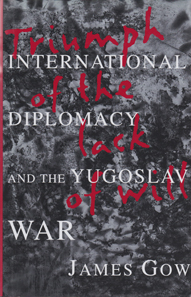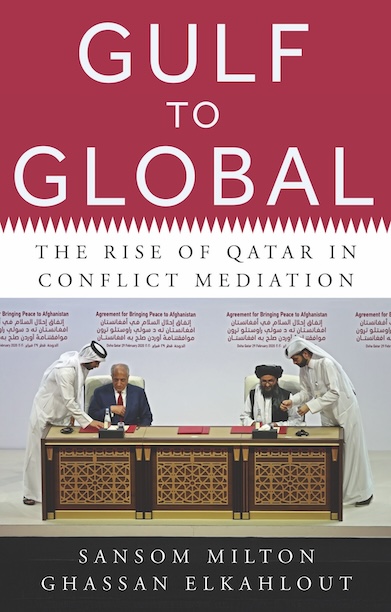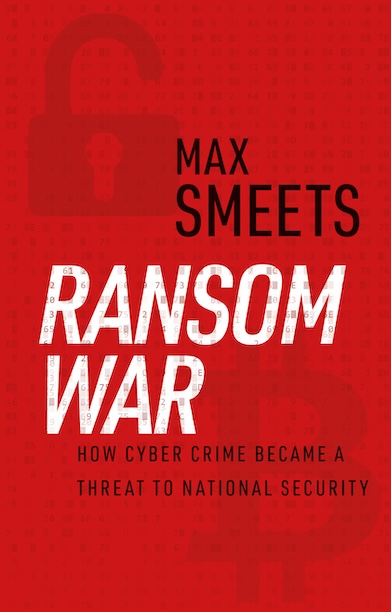Description
This is an examination of the intemational diplomacy and decision-making that accompanied the collapse of Yugoslavia and its descent into war and chaos. Public opinion has consistently favoured greater Western determination to counter Serbian and Croatian aggression by intervening or arming the Bosnian government, to forge a peace that preserves Bosnia’s independence, and to improve the flow of aid to beleaguered cities. However, differences of opinion, between the US and Europe and within the EC itself, have hampered the search for an effective response. James Gow has followed the war on a day-to-day basis, both as an adviser to government and commentator in The Guardian and The Times. Here he assesses the involvement of the UN, the EC and the CSCE; the peacekeeping efforts of UNPROFOR, NATO and the WEU; and the key roles of the US, Germany, France and Britain in shape policy. He concludes that the bad timing, inappropriateness and incoherence of international policies – all linked to the crucial question of political will over the use of force – explain the failure to act decisively and indicate a wider breakdown of political consensus in the Western alliance.
Reviews
‘The best treatment yet of the interplay between the international players and the events on the ground. The book would be useful in any classes dealing with Bosnia, Yugoslavia in general, the UN and peacekeeping, ethnic conflict, and the foreign policy of the EU and its members.’ — Warren Zimmerman, editor of Origins of a Catastrophe
Author(s)
James Gow is Professor of International Peace and Security at King's College London. He is the author of several books on the former Yugoslavia, among them The Serbian Project and its Adversaries: A Strategy of War Crimes (Hurst, 2003), Triumph of the Lack of Will: International Diplomacy and the Yugoslav Way (Hurst, 1997) and Legitimacy and the Military: The Yugoslav Crisis (1992). He was the first prosecution witness to be called at the UN International Criminal Tribunal for the former Yugoslavia.






